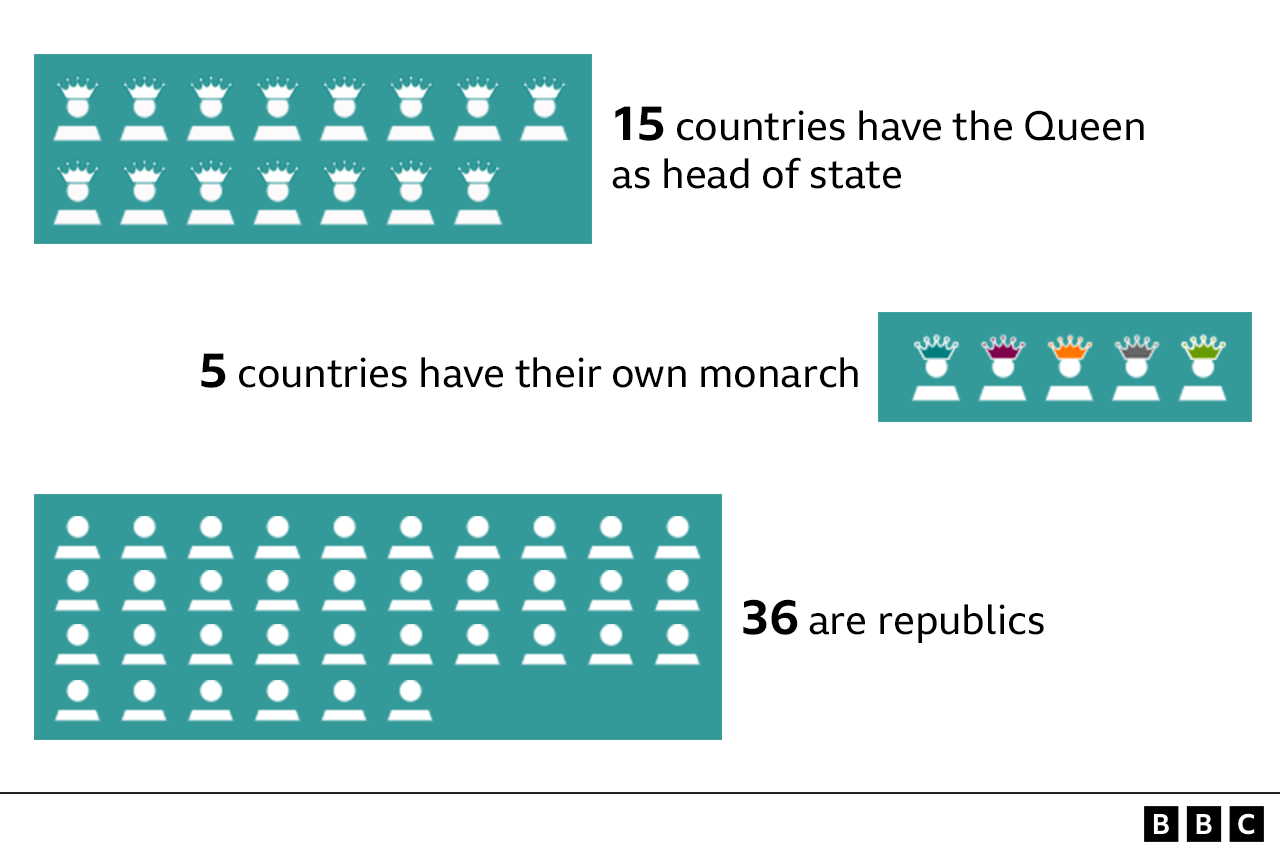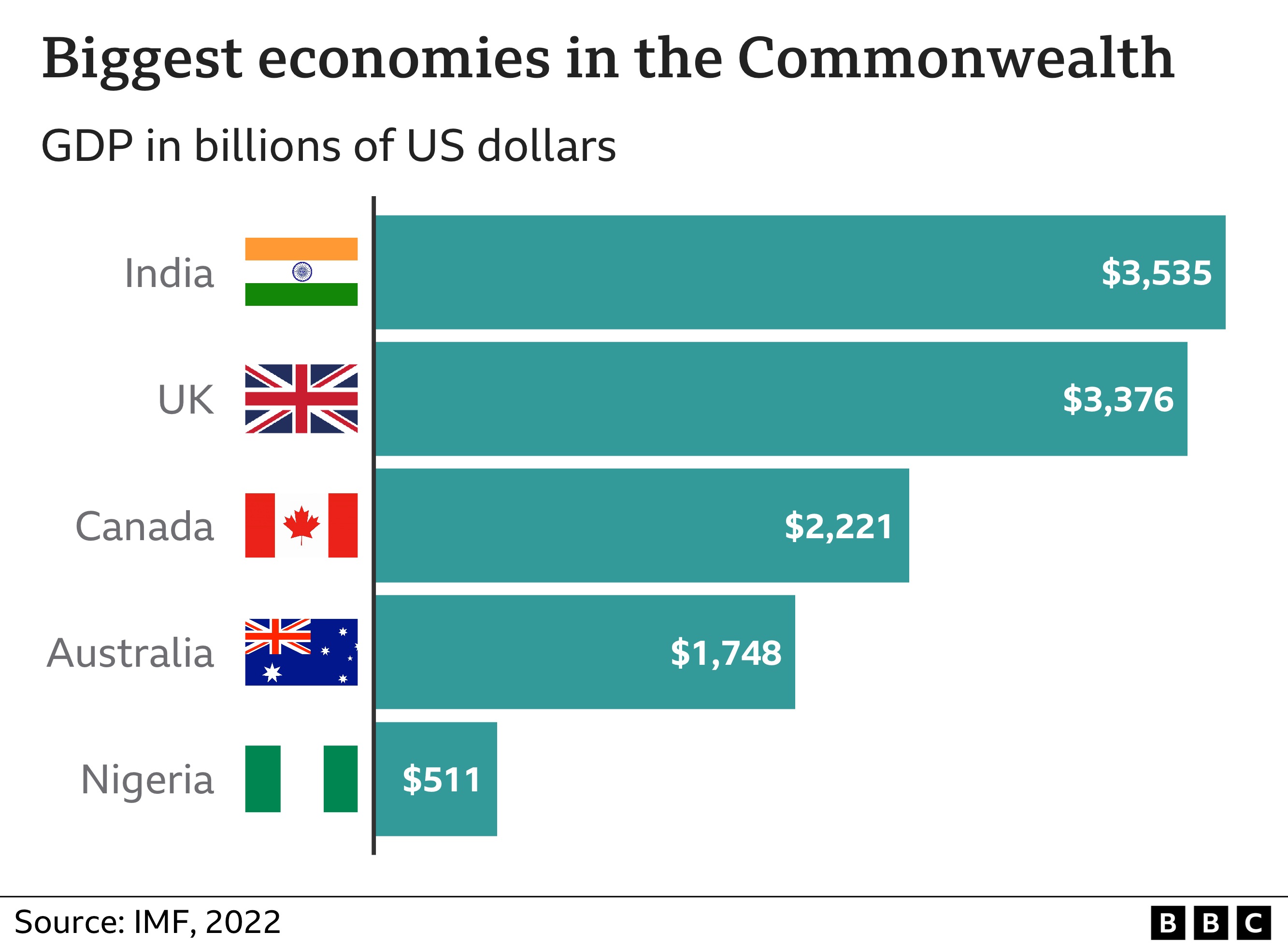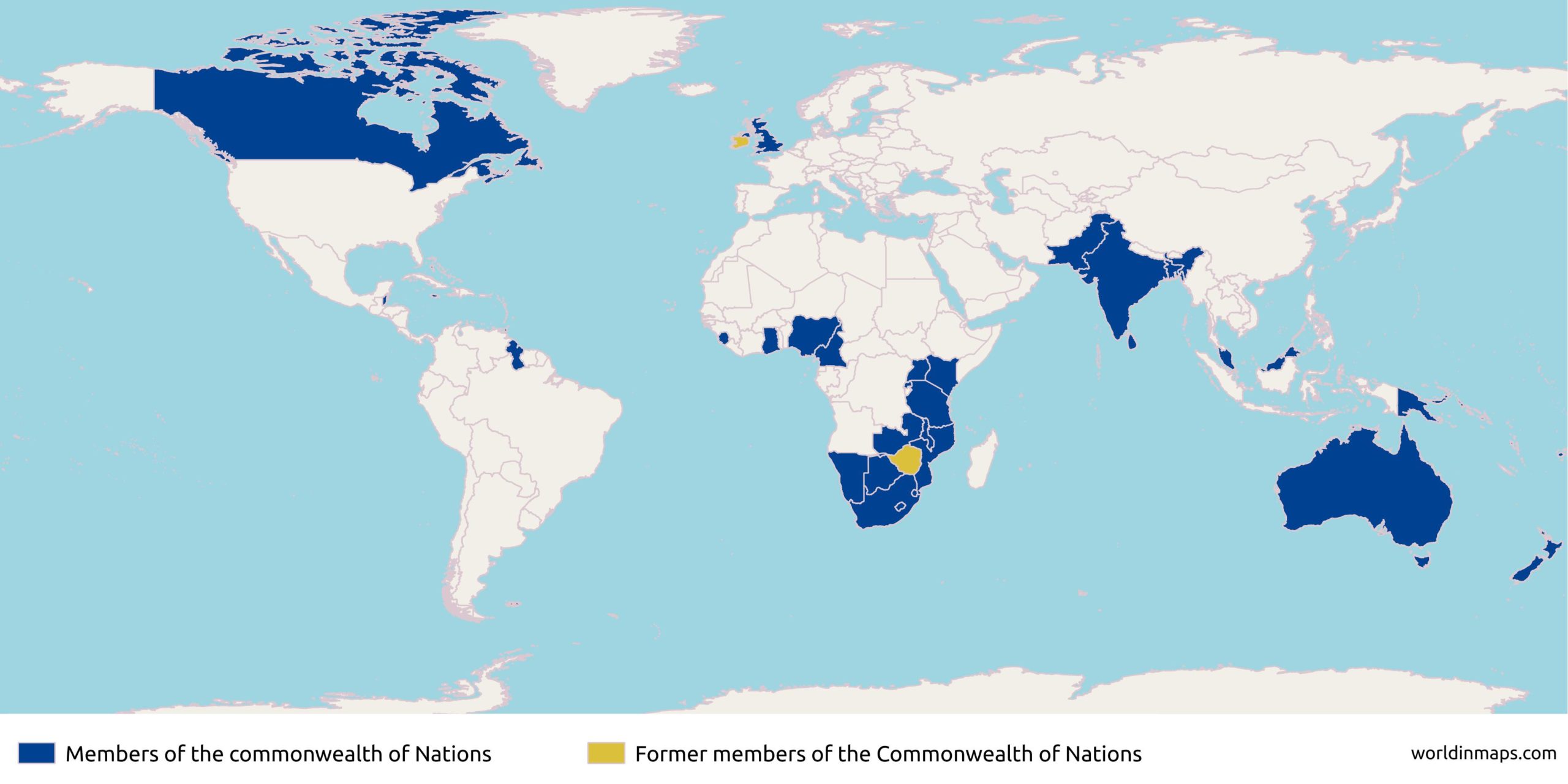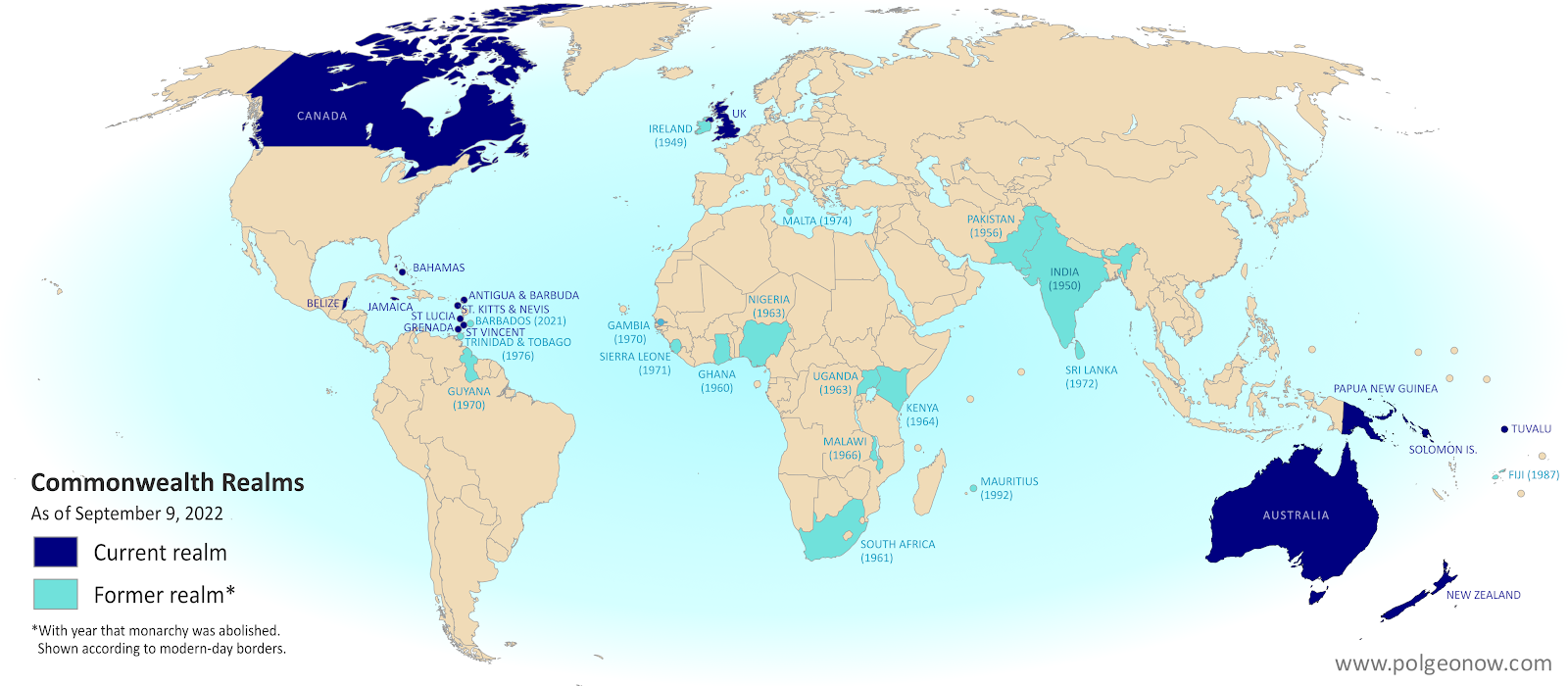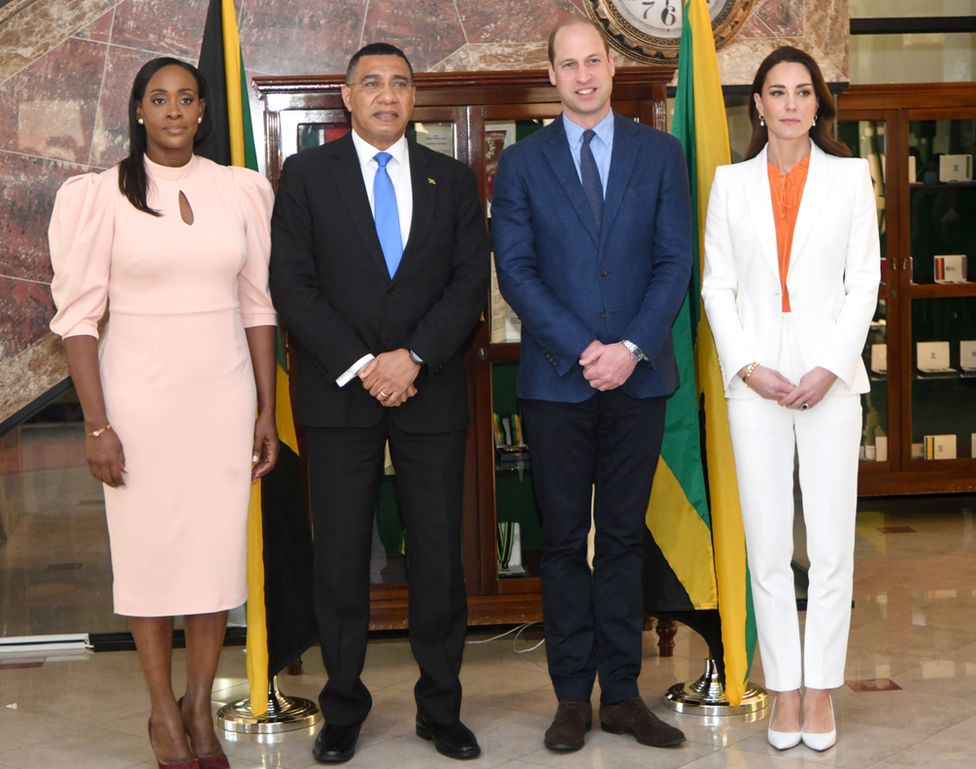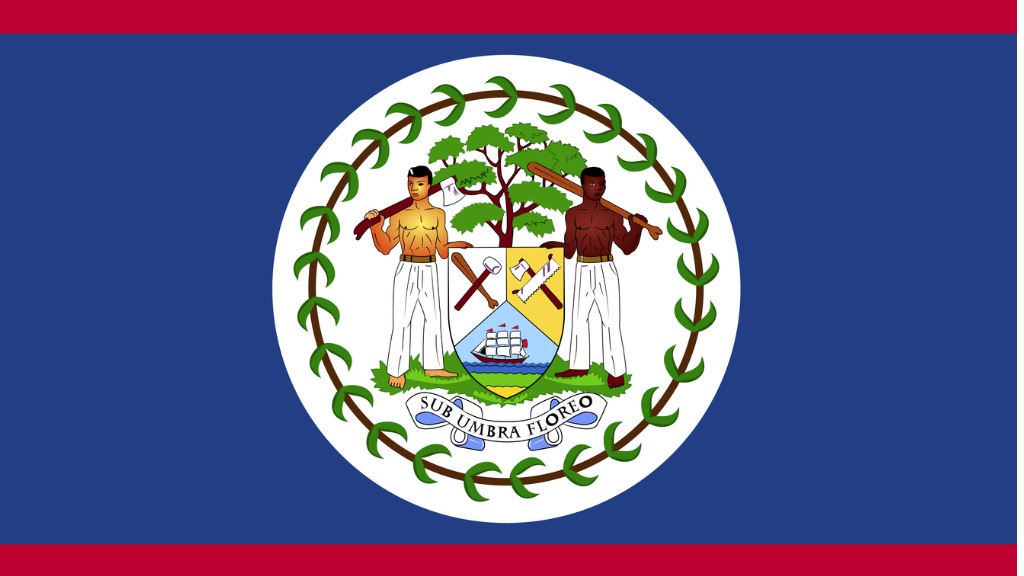Part
01
of two
Part
01
What is the purpose of the Commonwealth of Nations?
Key Takeaways
- Out of 56 Commonwealth nations, most are former British colonies. Two exceptions, Mozambique and Rwanda, joined voluntarily in 1995 and 2009 despite never having been colonized by the British Empire. Even more surprisingly, Gabon and Togo became members in 2022, though they are former French colonies.
- The total population of the Commonwealth is 2.5 billion, accounting for nearly one-third of the total global population, occupying 25% of the world's land mass. This is primarily thanks to the three largest members: Canada, India, and Australia.
- The Commonwealth members include 21 countries in Africa, 13 countries in the Caribbean and Americas, 11 countries in the Pacific, 8 Asian countries, and 3 European countries.
- Given that the Commonwealth nations often have a shared international agenda, being a member has been described as a way "to strengthen diplomatic armor" and increase soft power on the global stage. This has been noted by BBC in relation to recent decisions by Togo and Gabon to join the association in an effort to distance themselves from French influences. Both countries opted for joining despite not having a history of close relations with the UK.
Introduction
This report provides an overview of the Commonwealth of Nations, including its definition and details on membership, as well as member obligations and benefits. Given that being a part of the association is voluntary, members have no legal obligations toward each other, though maintaining membership requires dedication to upholding democracy and good governance practices, among several other values. The key reasons for being a Commonwealth country include increased international diplomatic power and an opportunity for cultural growth.
Overview of the Commonwealth of Nations
- As per the 1971 Declaration of Commonwealth Principles, "The Commonwealth is a voluntary association of independent sovereign states… consulting and cooperating in the common interests of their peoples and in the promotion of international understanding and world peace."
- The Commonwealth comprises 56 members. A full list can be found here.
- Most of the Commonwealth nations are former British colonies. Two exceptions, Mozambique and Rwanda joined voluntarily in 1995 and 2009 despite never having been colonized by the British Empire. Even more surprisingly, Gabon and Togo became members in 2022, even though they are former French colonies.
- Out of the 56 members, only 15 currently recognize the British monarch as their head of state, with five having their own monarchs (namely, Lesotho, Eswatini, Brunei Darussalam, Malaysia, and Tonga) and 36 being republics. Australia and Canada are among the countries that have King Charles as their leader.
- The Commonwealth members include 21 countries in Africa, 13 countries in the Caribbean and Americas, 11 countries in the Pacific, 8 Asian countries, and 3 European countries.
- The total population of the Commonwealth is 2.5 billion, accounting for nearly one-third of the total global population, occupying 25% of the world's land mass. This is primarily thanks to the three largest members: Canada, India, and Australia.
- Until 2022, the UK remained the largest economy in the region. However, it has recently been overtaken by India with its GDP of $3.5 billion, compared to $3.4 billion in the UK. The three other largest economies are Canada, Australia, and Nigeria.
- The Commonwealth's population is largely youthful with over 60% of the Commonwealth population being under 29 years.
- About 42 countries are identified as small states for having less than 1.5 million population. Among these nations, 32 states are members of the Commonwealth.
Membership Benefits
- Trade and economy support: Commonwealth members receive assistance in expanding their exports, improving debt management, and sustainable management of natural resources.
- Democracy and government: Commonwealth members support each other in strengthening legal systems, implementing good governance, improving justice systems, and promoting human rights. They do so through regular meetings, as well as shared funds and organizations.
- Given that the Commonwealth nations often have a shared international agenda, being a member has been described as a way "to strengthen diplomatic armor" and increase soft power on the global stage. This has been noted by BBC in relation to recent decisions by Togo and Gabon to join the association in an effort to distance themselves from French influences. Both countries opted for joining despite not having a history of close relations with the UK.
Membership Obligations
- Commonwealth members have no formal obligations to one another. However, its members signed the Commonwealth Charter, which signifies their joint pledge to stand by their shared core values.
- According to the Commonwealth Charters, members share a commitment to "upholding democracy; protecting human rights; international peace and security; tolerance, respect, and understanding; freedom of expression; separation of powers; rule of law; good governance; sustainable development; protecting the environment; access to health, education, food, and shelter; gender equality; the importance of young people in the Commonwealth; recognition of needs of small states; recognition of needs of vulnerable states; the role of the civil service."
- Each country applying to join the Commonwealth has to pass an informal assessment, which determines whether it is committed to democracy and good governance and has ties with an existing member. There may be special cases where a country will be accepted despite the lack of connection.
- Furthermore, applicants need to accept English as the language of Commonwealth relations and recognize the British monarch as Head of the Commonwealth.
Research Strategy
For this research on the purpose of the Commonwealth of Nations, we leveraged the most reputable sources available in the public domain. We relied on insights from the Commonwealth website, government, and media outlets. All the requested insights were found available in the public domain.
